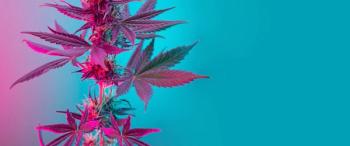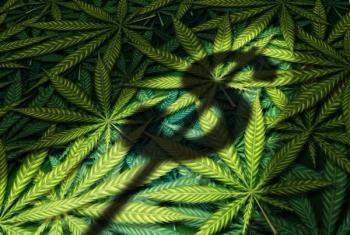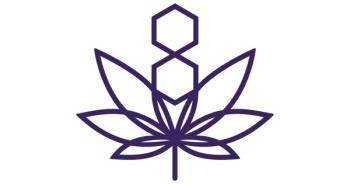
Psilocybin and Bipolar Disorder: Careful Clinical Studies are Warranted, Survey Study Suggests
Results from recently published survey studies on the effect of psilocybin and bipolar disorder offered support for the design of future clinical trials.
In a recent study published in the Journal of Psychopharmacology, researchers conducted a web-based international survey with 541 participants who self-reported a diagnosis of bipolar disorder (BP) and had used psilocybin to achieve a “full psychedelic trip” (1). In addition to multiple choice questions, the survey also offered the option for respondents to answer an open-ended question and leave comments about their experiences with psilocybin.
“Before we run clinical trials to investigate the effectiveness of psilocybin for people with bipolar disorder, we need to know whether it’s safe for them to use, as some medications which have a similar neurobiological mechanism of action can trigger manic episodes,” said study author Emma Morton, a Canadian Institutes of Health Research Banting Postdoctoral Fellow at the University of British Columbia (2). “That’s why we turned to community members to ask about their experiences.”
Responses to survey questions indicated mixed experiences to psilocybin (2). On average, participants rated the harmfulness of their experience as 1.6 out of 5, and the helpfulness as a 4. However, a third of respondents reported new or increasing manic symptoms, difficulty sleeping, and anxiety. Use of emergency medical services occurred for 18 participants and was considered rare in this study.
“Respondents (even those who experienced adverse effects) indicated that psilocybin use was more helpful than harmful,” read part of the results (2). “Quantitative findings elaborated on perceived benefits, as well as the potential for psilocybin trips to contain both positively and negatively received elements.”
Following the Phase I study, interviews with 15 of the respondents were conducted to further understand their psilocybin use to determine the cause of negative outcomes. “We learned that contextual factors like dose, setting, use of other substances, or pre-existing sleep problems, may have had a role in whether people experienced positive or negative outcomes,” Morton explained. “This finding emphasizes how important it will be to conduct additional research under controlled conditions to be more confident about the potential risks and benefits of psilocybin use for bipolar disorder.”
“Our findings demonstrate both benefits and risks of psilocybin use in this population,” read part of the conclusion (3). “Carefully designed clinical trials focused on safety and preliminary efficacy are warranted.”
References
Newsletter
Unlock the latest breakthroughs in cannabis science—subscribe now to get expert insights, research, and industry updates delivered to your inbox.




